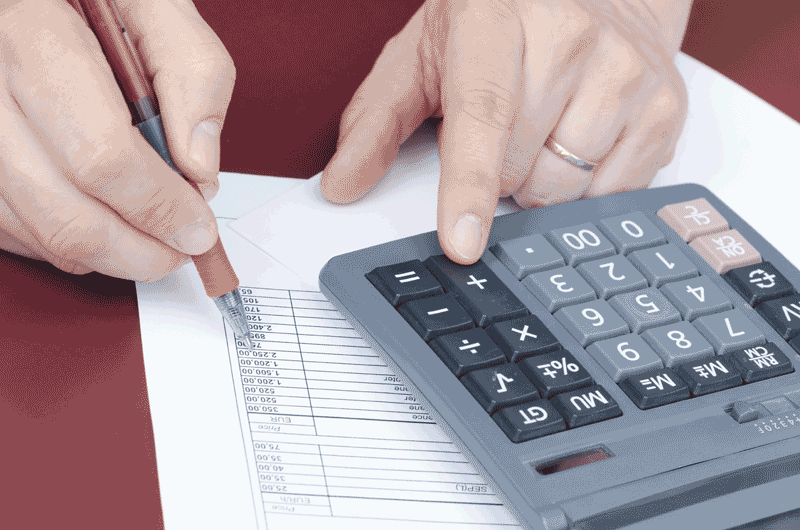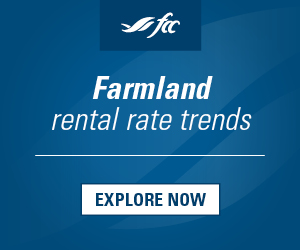Tax planning
TIPS FOR REDUCING YOUR TAX PAYMENTS
STEVE VAN DEN HENGELl is a chartered accountant and one of eleven partners at Famme & Company Professional Corporation. They have three offices: one in Stratford, one in London, and one in St. Mary’s. Van den Hengel has been preparing tax returns for farmers for over ten years. His experience has led him to produce his top tax tips, which can be applied whenever your business year-end hits. They are some general points to consider which may help you reduce the amount of tax that you have to pay.

ON TAX DEDUCTIONS
Whether they are personal or corporate, farmers’ tax returns are prepared using cash basis – a system used only by those in farming and fishing. This means that farmers can prepay for farm expenses at the end of the tax year to help reduce tax owing.
“When it comes to December, make sure that you go see your taxman and he can help you to determine if you should go out and buy some fertilizer and chemicals before the end of the year so that you can reduce the amount of tax you have to pay,” says Van den Hengel.
Once you begin the cycle of prepayments, though, keep in mind that it will be necessary to continue each year. Plus, there are some complications with pre-payment cycles that you should be aware of.
“With prepayments, farmers are allowed to prepay for the next operating cycle, and then they are allowed to deduct that prepayment, because they’re on that cash basis, in the current year – or the year in which they actually pay it,” says Van den Hengel. “But the government doesn’t like you paying for two years, so don’t prepay for 2013 and 2014.”
ON THE PURCHASE OF CAPITAL ASSETS
When it comes to the purchase of capital assets, you should only buy what you need when you need it, says Van den Hengel. “You can’t deduct the purchase of a huge capital item all in one year. It’s written off over a period of years. Sometimes farmers think that they can do that. We make sure that they know they should buy it when they need it. Don’t go and buy it because you think you’re going to get a huge write-off. If you need that tractor, then, yeah, go ahead and buy it.”
Keep in mind that you can also write off a reasonable amount of household expenses. “I’m talking about hydro and telephone,” says Van den Hengel. “If the farmers are using their house for their office, they can deduct a reasonable amount of expenses relating to their household expenses.”
ON PAYING WAGES
Paying your family members a wage can be a way of splitting income as well, as long as the work they are doing is actually necessary to the farm operation. “You can pay your spouse a wage as long as it is a reasonable amount,” says Van den Hengel. “Basically, you can’t pay her a lot more than you would someone else to do that same job – same with the children.”
ON BOOKKEEPING
For the most part, Van den Hengel has observed that farmers know what they are doing when it comes to bookkeeping. “Sometimes their bookkeeping isn’t the best, but it’s really improved,” he says. “Farmers are really in the know about accounting programs. It used to be that the big problem was that sometimes you’d just get a box of receipts, but now it’s a lot better than that. That was always the biggest point that took us a long time to get through everything because we had to summarize it ourselves, but we don’t get those anymore.”
In fact, he says, the more prepared you are, the less expensive your accountant’s bill will be. “The more work that farmers do, the less time it takes us to get it done and the less time we have to charge them.”
Without a doubt, your accountant’s least favourite method of organization is the old shoebox. “We like Simply Accounting and Quickbooks. They’re good. AgExpert is a good program as well.”
NEW FARMERS
If you are just starting out and considering buying a farm, be sure to get an HST number first.
“With HST at 13%, if you don’t have an HST number before you buy that farm, all of a sudden the government might come looking for 13% of a purchased farm property,” says Van den Hengel. “And that can add up pretty quickly with the way land prices are right now.” •







